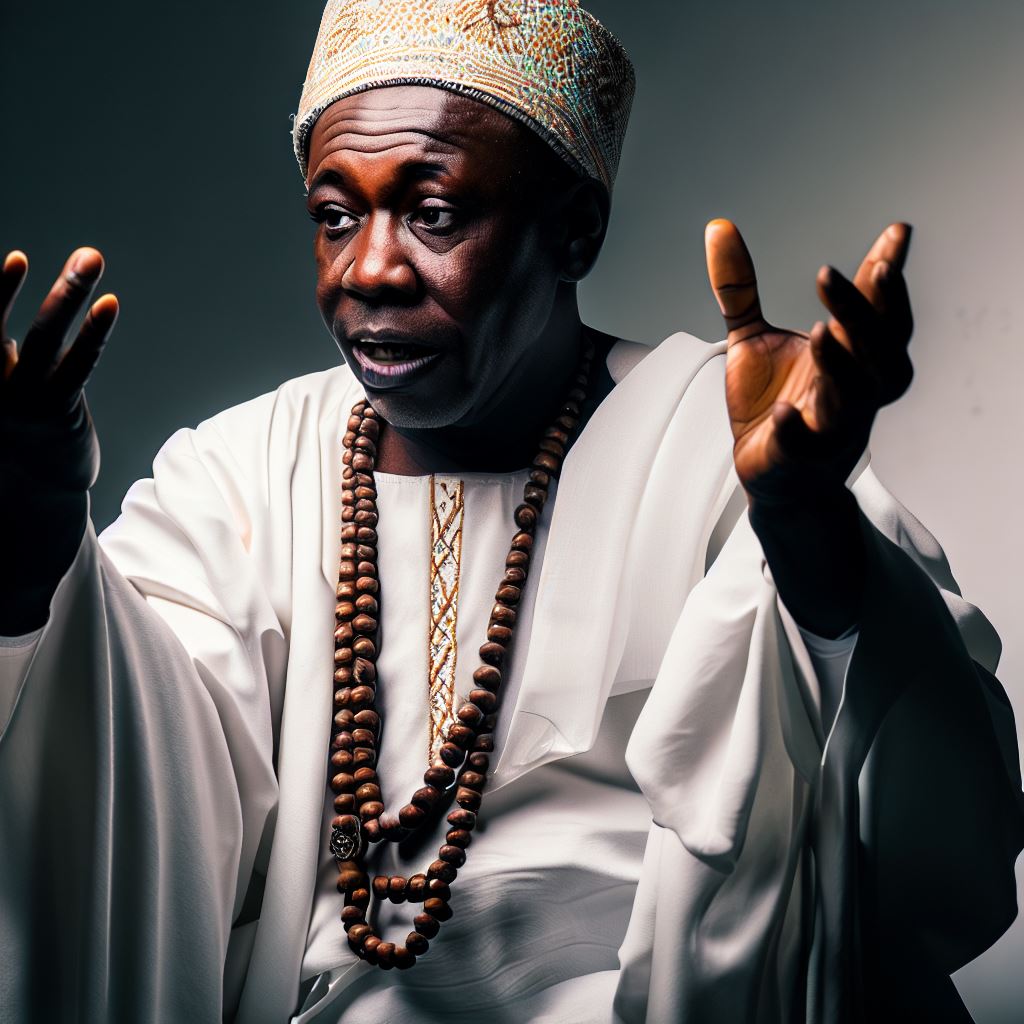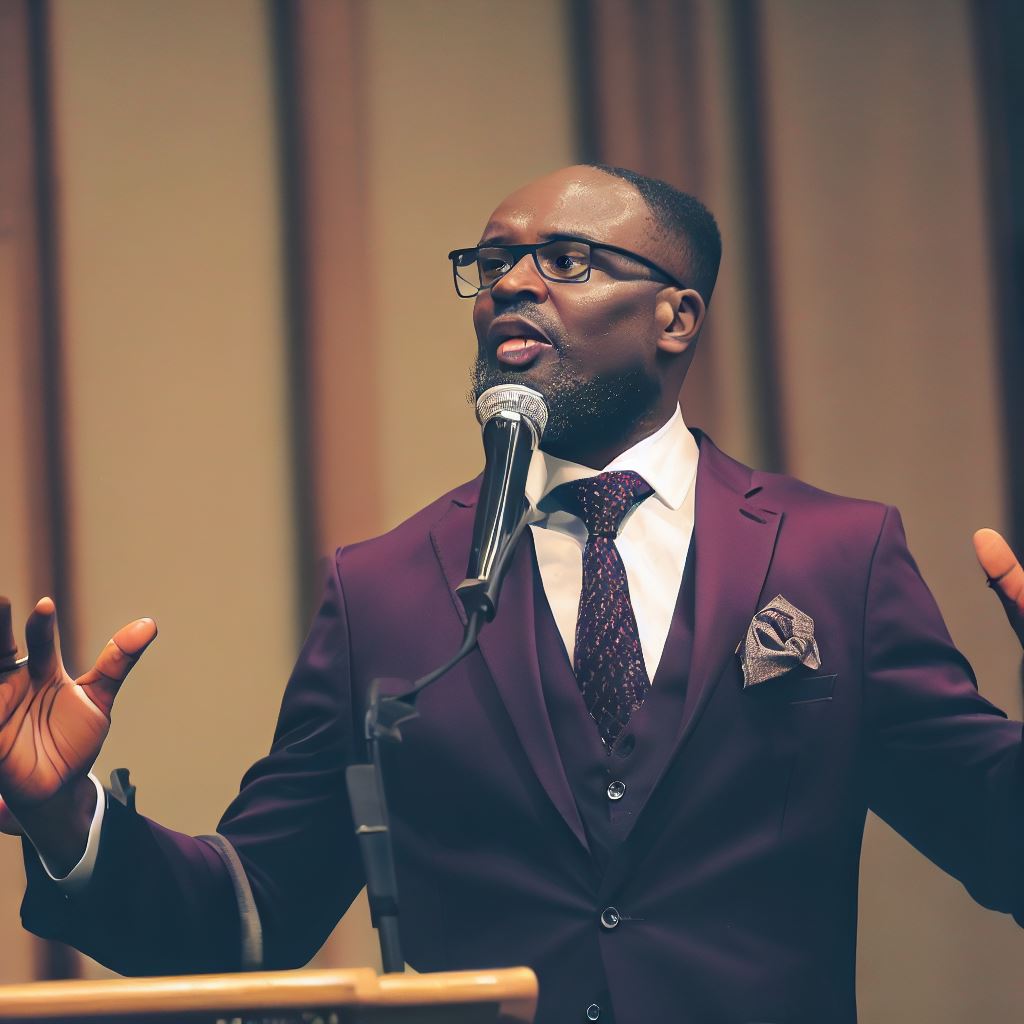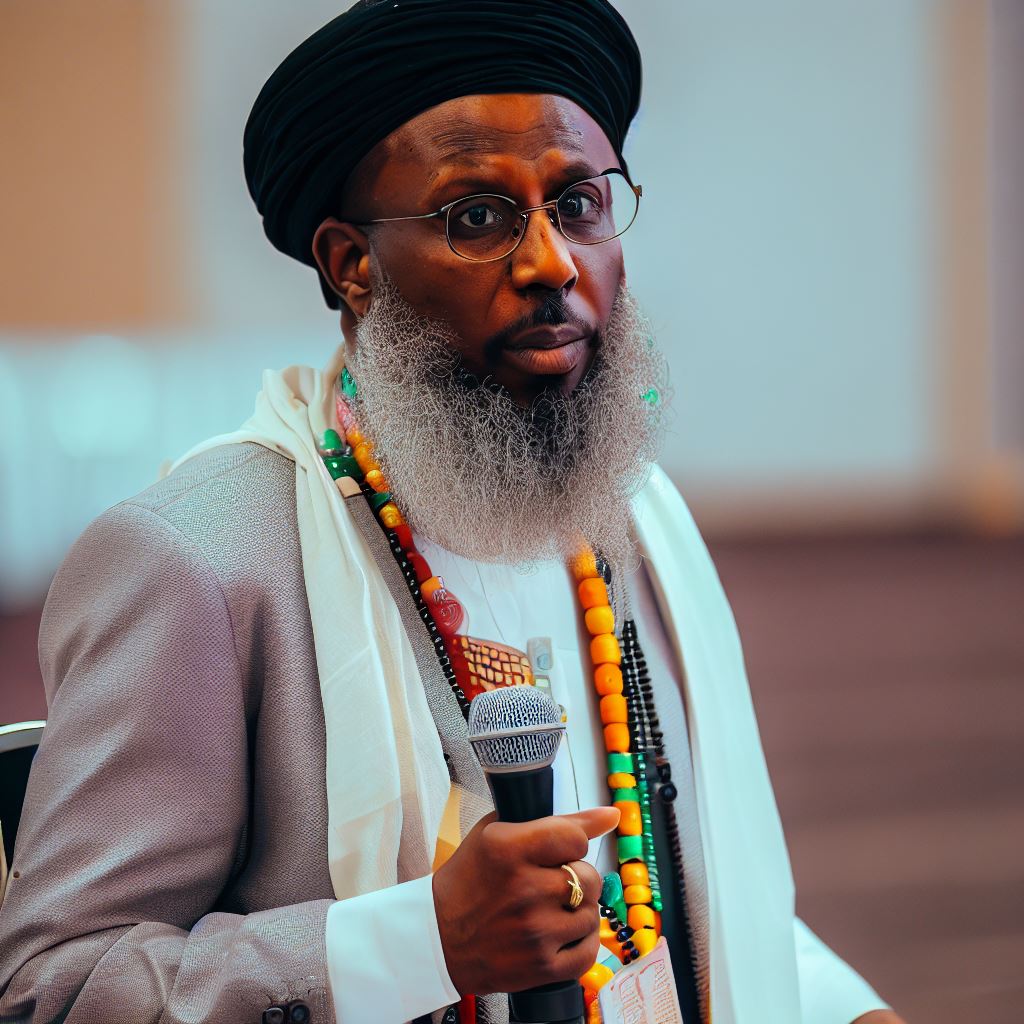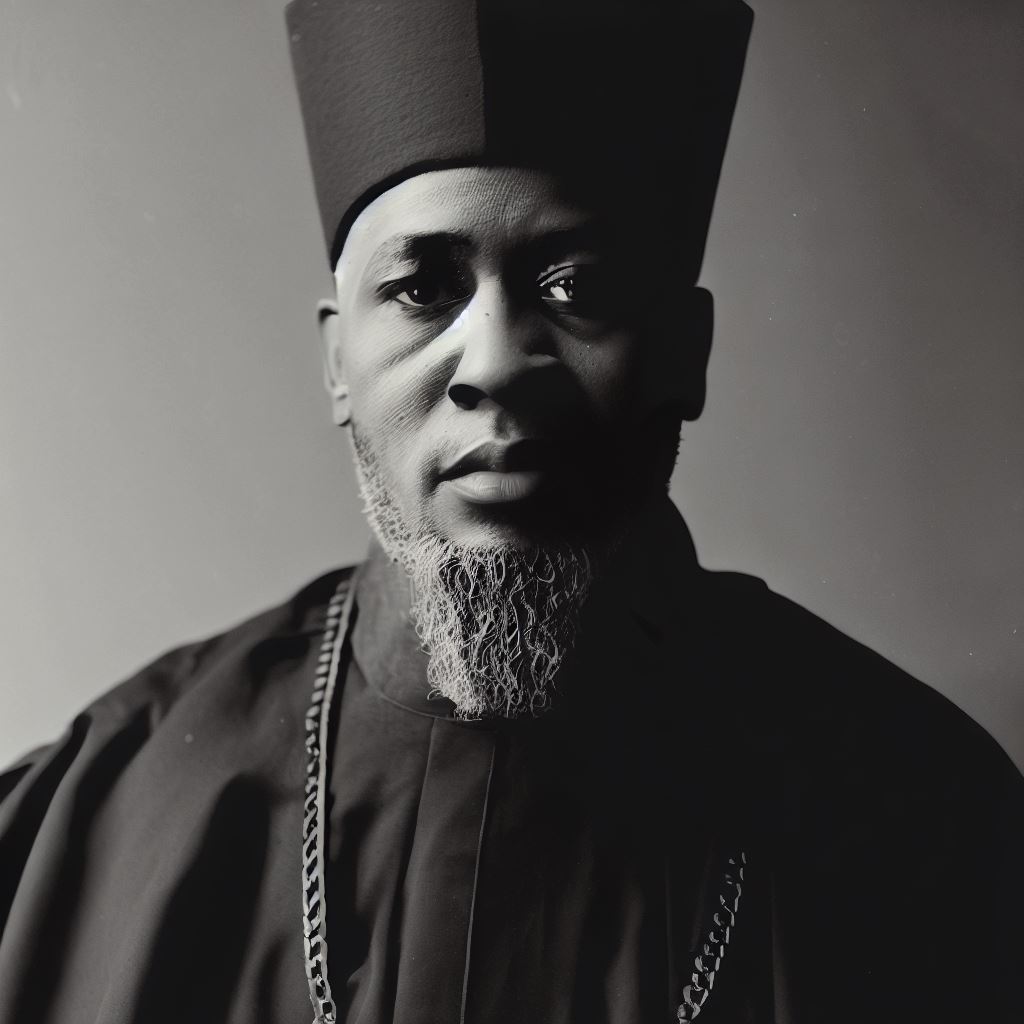Introduction
Diversity plays a crucial role in society, fostering understanding, tolerance, and inclusivity. Nigeria clergy is a unique example of diversity with various sects coexisting within the religious landscape.
Diversity can be defined as the presence of a wide range of variations among individuals or groups.
Definition of diversity
Diversity is the presence of a variety of different people or things in a group or place. It can refer to differences in race, ethnicity, nationality, gender, sexual orientation, religion, age, socioeconomic status, and other factors.
Importance of diversity in society
Diversity is important in society because it enriches our lives and makes us stronger. When we are exposed to different cultures, perspectives, and experiences, we learn and grow.
Diversity also helps us to understand and appreciate our differences.
Overview of Nigeria’s clergy and its diversity
Nigeria is a religiously diverse country, and its clergy is a reflection of that diversity. There are a variety of different Christian denominations in Nigeria, as well as Islam and other religions.
The Nigerian clergy plays an important role in society, providing spiritual guidance and leadership to their communities.
Here is a brief overview of some of the different sects in Nigeria’s clergy:
- Christianity: Catholicism, Protestantism, Anglicanism, Pentecostalism, and other denominations
- Islam: Sunni, Shia, and Ahmadiyya
- Traditional African religions: There are a variety of different traditional African religions practiced in Nigeria, each with its own unique beliefs and practices.
The diversity of Nigeria’s clergy is a strength. It allows for a variety of different perspectives and voices to be heard. It also helps to promote understanding and tolerance between different religious groups.
Read: The Growth of Interfaith Dialogue in Nigeria’s Clergy
Exploring the Nigerian Clergy
Overview of Nigeria’s religious landscape
Nigeria is a diverse country with a rich religious landscape that consists of various sects.
Different sects in Nigeria’s clergy
- Christianity
- Islam
- Traditional African Religions
- Other minority sects
Nigeria’s religious landscape is characterized by a wide range of sects and denominations that reflect the country’s cultural and historical diversity.
This section aims to explore some of the major sects within the Nigerian clergy, each contributing to the celebration of diversity.
Christianity, being the largest religion in Nigeria, encompasses a variety of sects. The Roman Catholic Church holds a significant position, with a substantial number of followers across the country.
Protestantism, including Anglican, Baptist, Methodist, and other denominations, also has a prominent presence in Nigerian Christianity.
Additionally, the rise of Pentecostalism has led to the emergence of Pentecostal sects, which have gained popularity in recent decades.
Apart from these major sects, Nigeria is home to various other Christian denominations that promote different practices and beliefs.
Islam is the second largest religion in Nigeria, with a considerable number of sects within its clergy. Sunni Islam is the predominant sect, followed by a smaller but significant Shia Muslim population.
Sufism, a mystical branch of Islam, also has followers in Nigeria. The country’s Islamic sects contribute to the diverse fabric of the Nigerian religious landscape.
Besides Christianity and Islam, Nigeria’s religious diversity extends to traditional African religions. These indigenous religions, such as Yoruba, Igbo, and Hausa, have been practiced in Nigeria for centuries.
In addition to the major religions, Nigeria is also home to a range of minority religious sects. Judaism has a small but significant presence, particularly among Nigerian Jews.
Hinduism, Sikhism, and Buddhism have gained some followers, mainly among the Indian and East Asian communities in Nigeria.
In essence, Nigeria’s clergy is a vibrant tapestry of diverse sects and denominations.
Christianity, Islam, traditional African religions, and minority sects all coexist, contributing to the rich religious landscape of Nigeria.
This celebration of diversity highlights the importance of religious freedom and tolerance in the country, as it encourages dialogue, understanding, and respect among different religious communities.
Read: Nigerian Clergy and Health Care: Contributions and Roles
Gain More Insights: Nigerian Clergy’s Role in Education and Community Care
Celebrating Diversity in Nigeria’s Clergy
Promoting tolerance and acceptance
The diversity within Nigeria’s clergy is a reflection of the country’s multicultural and multi-religious society. It provides an opportunity for promoting tolerance and acceptance among different sects.
By celebrating the differences and similarities in beliefs, practices, and values, the clergy can set an example for the rest of society.
Tolerating and accepting each other’s faiths not only fosters peaceful coexistence but also helps build a stronger and more inclusive nation.
Importance of interfaith dialogue
Interfaith dialogue plays a crucial role in celebrating and appreciating diversity within Nigeria’s clergy.
Through open and respectful conversations, representatives from different sects can learn from each other, establish common ground, and address misunderstandings.
This dialogue enables clergy members to deepen their knowledge of various religions, promoting harmony and collaboration rather than division and animosity.
Encouraging cultural understanding and unity
The diversity in Nigeria’s clergy brings together people from different cultural backgrounds, fostering cultural understanding and unity.
By learning about each other’s traditions, customs, and ways of life, clergy members can bridge cultural gaps and promote mutual respect.
This understanding and unity can transcend the religious sphere and contribute to the overall social cohesion of the country.
Highlighting positive contributions from different sects
Celebrating diversity in Nigeria’s clergy involves highlighting the positive contributions made by different sects.
Each sect brings unique perspectives, practices, and ideas that enrich the religious landscape of the country.
Recognizing and appreciating these contributions can inspire dialogue, collaboration, and mutual learning among clergy members.
Promoting religious freedom and human rights
Celebrating diversity within Nigeria’s clergy also serves as a platform for promoting religious freedom and human rights.
The acceptance of various sects signifies a commitment to the fundamental right of individuals to practice their chosen religion.
It sends a powerful message that every Nigerian, regardless of their faith, deserves equal respect, dignity, and the freedom to worship.
Furthermore, this celebration of diversity can contribute to efforts in combating religious discrimination and prejudice within society as a whole.
In fact, the clergy in Nigeria plays a critical role in celebrating diversity, promoting tolerance and acceptance, and encouraging interfaith dialogue.
By fostering cultural understanding, highlighting positive contributions, and promoting religious freedom, they set an example for society and contribute to building a more inclusive and harmonious nation.
It is through embracing and celebrating the differences in Nigeria’s clergy that the country can truly thrive and reach its full potential.
Read: Clergy and Politics: An In-depth Look at Nigeria’s Scenario
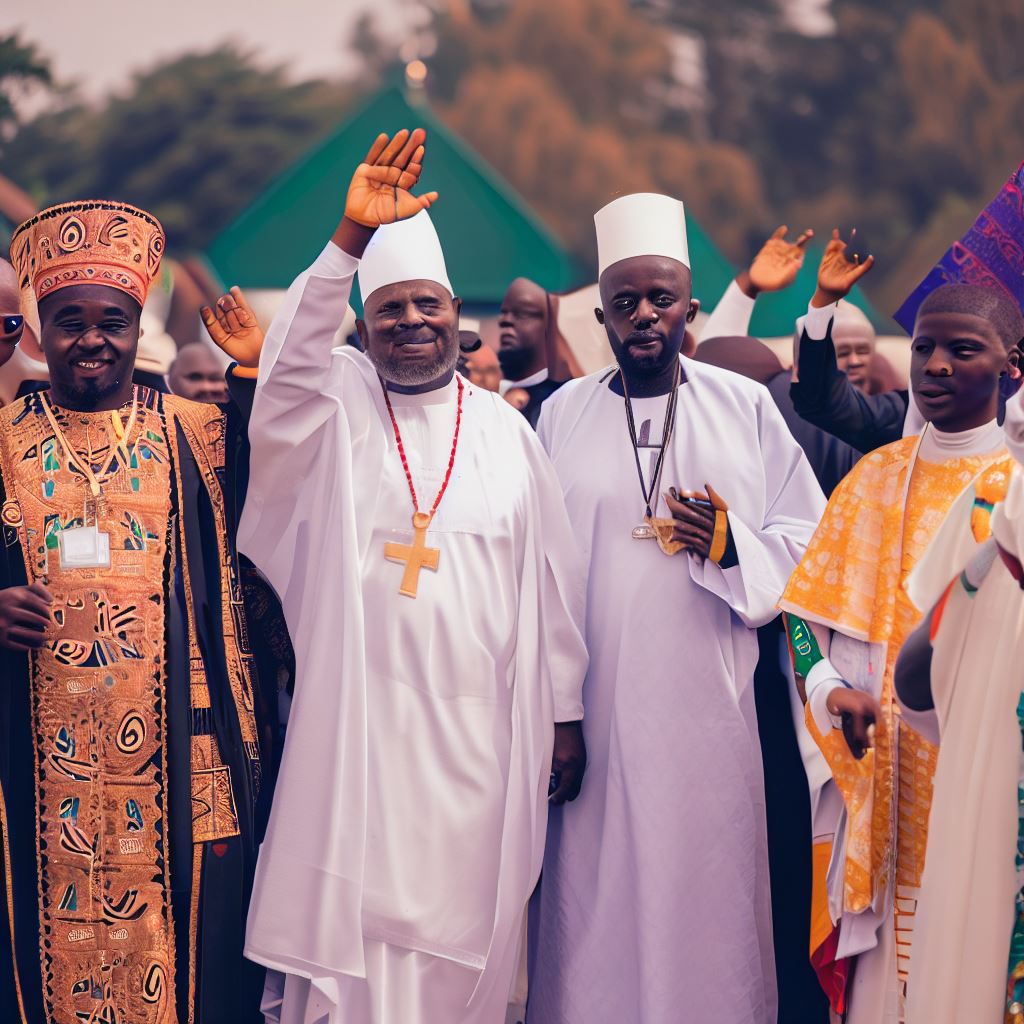
Challenges and Opportunities
Conflict and violence arising from religious differences
One of the significant challenges in celebrating diversity among different sects in Nigeria’s clergy is the conflict and violence that often arise due to religious differences.
Religious intolerance and extremist ideologies can lead to tensions and even deadly clashes between different religious groups.
Addressing and resolving these conflicts requires open dialogue, understanding, and respect for the beliefs and practices of each sect.
The government and religious leaders play a crucial role in promoting peace and fostering an environment where people from diverse religious backgrounds can coexist harmoniously.
Addressing stereotypes and prejudices
Another challenge in celebrating diversity is the presence of stereotypes and prejudices towards certain sects within Nigeria’s clergy.
Prejudices can prevent individuals from fully appreciating the richness and variety of religious practices and beliefs.
Efforts should be made to challenge these stereotypes and promote mutual respect and understanding among individuals of different sects.
By fostering an atmosphere of acceptance and inclusivity, society can overcome these prejudices and embrace the diversity of Nigeria’s religious landscape.
Promoting education and awareness
Education and awareness are vital in celebrating diversity among different sects in Nigeria’s clergy.
Many conflicts arise from a lack of understanding or misinformation about various religious practices and beliefs.
By providing accurate and unbiased information about different sects, individuals can develop a more empathetic and tolerant attitude towards diversity.
Schools, religious institutions, and the media all have a role to play in promoting education and creating awareness about the various religious sects in Nigeria.
Encouraging the collaboration of different sects
An opportunity in celebrating diversity lies in the collaboration and cooperation among different sects within Nigeria’s clergy.
By working together, sects can pool their resources, knowledge, and experiences to address common challenges and promote peace.
Interfaith dialogue and joint initiatives can lead to a deeper understanding and appreciation of each other’s beliefs and create a more cohesive society.
Efforts should be made to create platforms and opportunities for different sects to come together and build meaningful relationships based on shared values.
In general, celebrating diversity among different sects in Nigeria’s clergy presents both challenges and opportunities.
Addressing conflict and violence, challenging stereotypes, promoting education, and encouraging collaboration are essential steps towards achieving a harmonious society where all sects are respected and valued.
By navigating these challenges and grasping the opportunities, Nigeria can embrace its religious diversity and build a more inclusive and tolerant nation.
Read: Nigeria’s Clergy in the Digital Age: An Exploration
Conclusion
Recap of the significance of diversity in Nigeria’s clergy
Nigeria is a country rich in religious diversity, with various sects present in the clergy. This diversity brings about numerous benefits to society.
It allows for the exchange of ideas, cultural appreciation, and a broader understanding of different beliefs.
Call for unity, tolerance, and acceptance of different sects
To truly celebrate diversity in Nigeria’s clergy, it is essential for individuals to cultivate a spirit of unity, tolerance, and acceptance.
By embracing the differences and respecting each other’s beliefs, the nation can foster an environment of harmony and coexistence.
The way forward for celebrating diversity in Nigeria’s society
Nigeria can implement several strategies to celebrate diversity effectively. Firstly, education plays a vital role in promoting tolerance and understanding among different sects.
By incorporating religious studies in school curricula, students can learn about various faiths and develop respect for differences.
Secondly, interfaith dialogue programs should be encouraged and facilitated.
These discussions allow individuals from different religious backgrounds to engage in constructive conversations, promoting empathy and cooperation.
Through these interactions, common ground can be found, and misconceptions can be dispelled.
Lastly, the media has a significant role in shaping public opinion. The portrayal of diverse religious sects in a positive light can foster better understanding and appreciation.
Media outlets must actively promote stories of interfaith collaboration, highlighting the shared values and humanitarian efforts of different religious groups.
Diversity in Nigeria’s clergy is not only significant but also valuable to the nation’s social fabric.
By embracing unity, tolerance, and acceptance, Nigeria can celebrate its diverse religious landscape and create a harmonious society that respects and appreciates different sects.
Through education, interfaith dialogue, and media representation, Nigeria can pave the way towards a more inclusive and supportive community for all.

